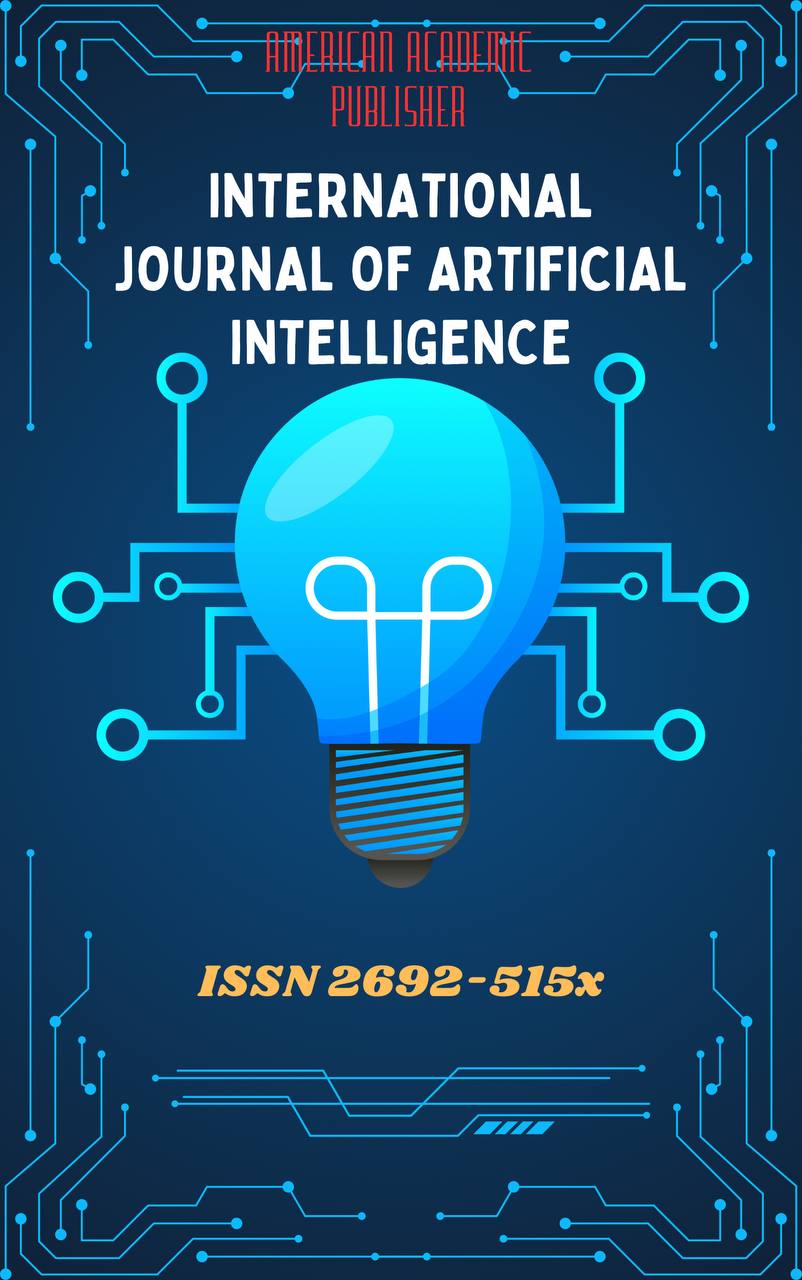 Articles
| Open Access |
Articles
| Open Access | FUNDAMENTAL THEORETICAL CONCEPTS OF LINGUODIDACTICS AND THEIR PEDAGOGICAL SIGNIFICANCE
Baxridinova Mutabarxon Adaxamovna , Andijan State University basic doctoral student UzbekistanAbstract
This article examines the concept of digital education, its role in the modern learning environment, and the integration of digital technologies into foreign language teaching. It provides an overview of the historical development of digital education, tracing its evolution from early computer-assisted instruction to contemporary educational systems powered by artificial intelligence. The paper analyzes the pedagogical, technological, and socio-cultural factors that have influenced the formation of digital education.
Keywords
Digital education, foreign language teaching, educational technology, digital tools, ICT in education, artificial intelligence in education, personalized learning, digital pedagogy, online learning, blended learning, digital transformation.
References
Quziyev S.I. The lingvodidactic foundations of teaching foreign languages. https://doi.org/10.5281/zenodo.7949907
Shukin A.N. (2007). Lingvodidactic Encyclopedic Dictionary: more than 2000 entries // Moscow: Astrel: AST: Khranitel, p. 746.
Maslova V.A. (2001). Linguoculturology. Moscow: Academy, 208; Mikhaleva O.V. (2022). Lingvodidactics and Methodology of Foreign Language Teaching: teaching-methodical manual / O.V. Mikhaleva. Vladimir: VlSU, 136.
Shansky, N. M. (1985). Russian Linguistics and Linguodidactics: Collection of Articles. Moscow: Russkiy Yazyk, p. 241
Article Statistics
Downloads
Copyright License

This work is licensed under a Creative Commons Attribution 4.0 International License.

